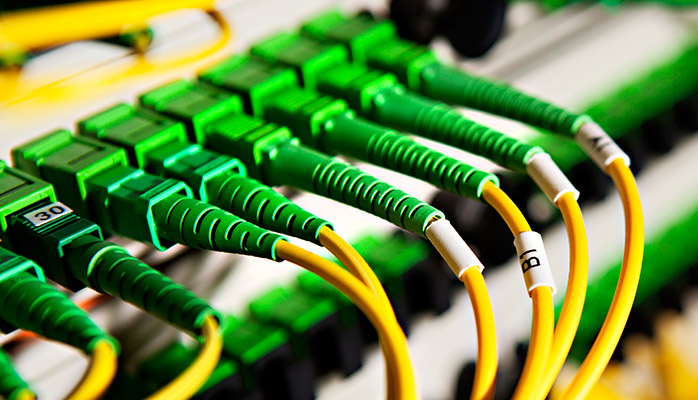New speeds to define “Broadband”?


The Internet world is abuzz with FCC Chairman Tom Wheeler’s announcement that the FCC is proposing to change the definition of Broadband from its current 4Mbps download and 1Mbps upload to 25/3 respectively.
Wednesday’s announcement changed the FCC’s previous intention to change the definition to include speeds of 10/1. The 10/1 proposal has drawn heavy scrutiny by providers such as AT&T and Verizon. In an official comment from AT&T filed with the FCC in September, the internet provider took aim at how the FCC calculated the needs of high usage households and how much bandwidth they actually use. AT&T claimed the current benchmark of 4/1 meets the standard for any real-time application such as VoIP.
If adopted, this redefinition would mean that more than half of Americans would be considered non-broadband households. Ars Technica has already published a map that purportedly shows which areas of the country would and would not have broadband if the 25/3 change is adopted.
No one can deny that we are consuming increasingly more bandwidth. Telecompetitor reported In September that the average US broadband speed is now 11.4 Mbps, which was a 39% increase over the previous year. If we keep consuming broadband at that rate, we will pass the 25Mbps threshold in three years.
There are a number of tools to check your connection speed if you’re not sure how much you have available.
It is likely that changing the definition will not actually change much. Internet service providers are already working feverishly to upgrade their networks to not only meet, but to exceed customer demand. These upgrades, however, are expensive and take time to implement.
In truth, the definition probably should be updated. We will all have to wait on the actual written proposal from the FCC to see what they actually recommend. Until then, we will keep consuming bandwidth with an unquenchable hunger.